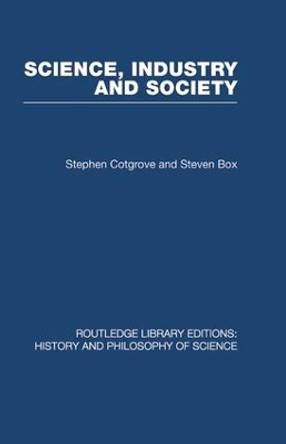Description
About the Author
Philip Walsh is Associate Professor of Sociology at York University, Canada. He is the author of Skepticism, Modernity and Critical Theory and co-editor of Retaking the Universe: William S. Burroughs in an Age of Globalization.
Reviews
'This probing, ambitious and lucid book is the first major attempt to connect Hannah Arendt's work to contemporary sociology. It succeeds brilliantly and will be a vital source for all who wish to engage with Arendt's challenge to sociology and to the social sciences more generally.' Peter Baehr, Lingnan University, Hong Kong 'Philip Walsh has accomplished something remarkable in this book. He has combined a contextual history of Arendt's problematic relations to sociology, a deep reflection on some of the central themes of recent sociological thought, and an explication of her complex scheme of surrogates for more traditional social theoretical concepts.' Stephen Turner, University of South Florida, USA 'This is an important and accessible book that critically mediates debates in contemporary sociology in light of Hannah Arendt's work. Addressed primarily to sociologists, it successfully moves beyond Arendt's critique of sociology to show the way her insights can provide a significant and much needed corrective to the discipline's current state of theoretical pluralism. The book's great accomplishment is the way it uses Arendt's formulations to examine the conceptual strengths and deficiencies of theorists from Marx, Weber, Simmel, Mead and Mannheim, to Goffman, Giddens, Bourdieu, Baumann, Marcuse, Habermas, Archer and Lukes.' Kieran Bonner, St. Jerome's University at the University of Waterloo, Canada [Translated from French] 'Rich in detail and explanation but still very clear, Walsh's book performs the painstaking work of constructing the thought of Arendt (or even re-constructing when it comes to the question of knowledge) to engage or re-engage and question the concepts themselves away from the subject as a whole, in a complete perspective of the discipline which thus allows the thinking on not only the proliferation of theoretical paradigms and concepts (p. 3). Since this is the explicit objective of the book, it appears not only to ha
Book Information
ISBN 9781138702233
Author Philip Walsh
Format Paperback
Page Count 176
Imprint Routledge
Publisher Taylor & Francis Ltd
Weight(grams) 453g










